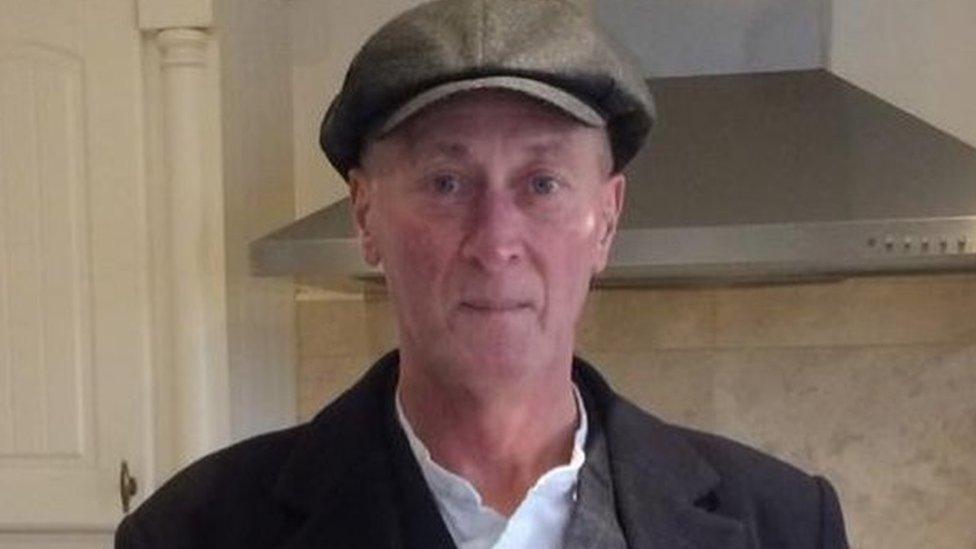'Pandemic of fuel poverty' warning as energy costs soar
- Published
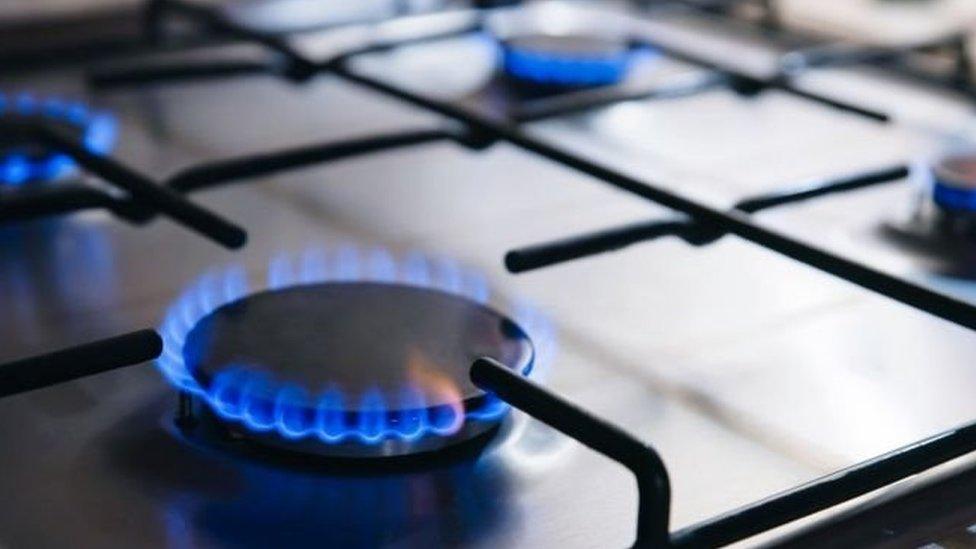
Rising energy bills have raised concerns over the cost of living for millions of people
Boiling a kettle just once a day and using candles in the evenings are some of the ways people are trying to cope with rising energy prices.
Inflation is now at its highest point since 1992, and the cost of living has rocketed.
Christine, 76, lives alone on a small pension, but says her savings are running out as bills go up.
The energy regulator Ofgem is due to announce a new energy price cap from April.
Christine is among millions who have seen energy bills rise and prices are set to increase further.
She told BBC Radio Somerset: "I only have one cup of tea in 24 hours so I'm living on cold drinks.
"I'm cutting down on lighting and use a candle in the evenings.
'Dickensian times'
"I have worked all my life and thought I would be comfortable in my retirement but that hasn't worked out at all. You struggle day-to-day to pay your bills."
Harry receives Universal Credit and his family use food banks.
To cut costs, they also use candles in the evening, which his wife has likened to living in Dickensian times.
"It's just ridiculous but it's the only way we can limit the energy we are using," he told BBC Radio Wiltshire.
"It's a real struggle. It was last year as well but it's gone up so much that the idea of not being able to use the foodbank is not possible.
"The way Universal Credit works is the more hours you work the more money they take from you, so you never get ahead of yourself," he said.
Misery
Ian Preston, director of household energy services at the centre for sustainable energy in Bristol, said: "My big fear is a pandemic of fuel poverty.
"I think we could the see average fuel bills going up by about £800.
"For many people already on tight budgets it's going to be unaffordable, so we'll see a lot of people living in that misery."
'Scary and daunting'
Hannah Puffett, from Swindon, Wiltshire, said she felt the government should be doing more to help people as electricity was "an essential".
"It's scary really, you pay a lot as it is," said the 33-year-old hairdresser.
"If you're either single or have a substantial house to run, it's quite daunting.
"Wages aren't going up as quickly as everything else is so it's quite worrying and it makes you think twice about putting heating on or leaving lights on.
"Electricity isn't just a throwaway luxury, it's something that we all need."
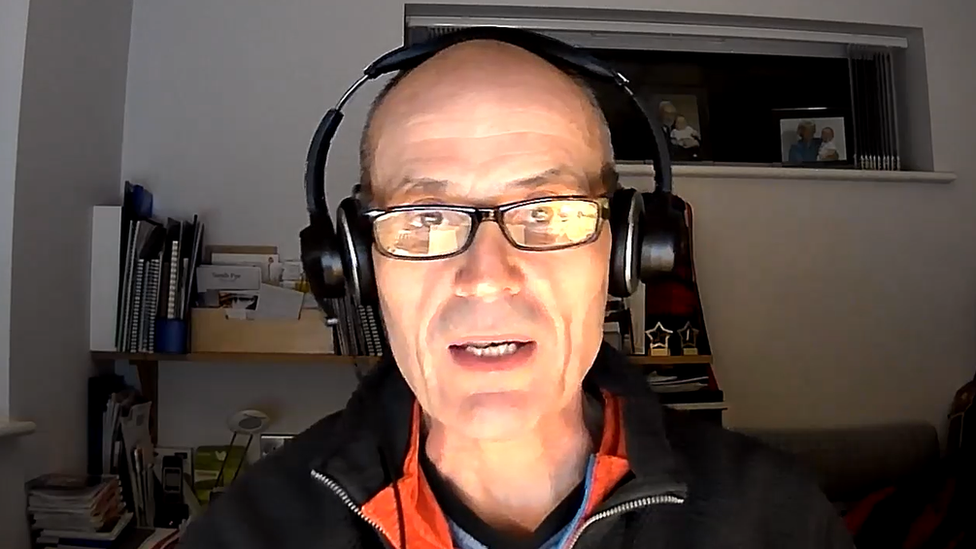
John Clay-Davies from Barnwood in Gloucester was shocked at being told the increase in his energy bill
John Clay-Davies, from Barnwood, Gloucester, has paid £1,600 a year for gas and electricity over the past two years but was told by his provider that it would go up to £4,980 a year on a new tariff.
"I was shocked at the size of the increase as I've been hearing consumers should expect a 50 per cent increase, so to get that was really worrying," the 58-year-old told BBC Radio Gloucestershire.
He sought independent advice and was told to stay on his current deal until it ended rather than shop around for another and in the meantime, the offer from his current provider was reduced.
"If we had gone with the one they first gave us we would have been paying an extra £2,500. As a consumer I find that totally unacceptable because you don't know which way to turn."
Kevin, from Shepton Mallet in Somerset, also saw his monthly fee skyrocket from £150 to £405.
"I couldn't believe it. I know prices are going up but I couldn't believe they were going that high. I can't afford that at all," he said.

Aderyn Taylor-Roberts has seen her monthly energy bills almost double
Aderyn Taylor-Roberts lives in rented accommodation in Ruardean, Gloucestershire, with her husband and two girls, aged eight and five. She has seen a significant rise already, with monthly costs almost doubling from £50 to £90.
"We have to budget really carefully as we've been in financial struggles before.
"Money is tight and electricity going up is quite a big deal for us so we have to look for money in other parts of our budget and it normally comes from the food budget.
Sellotape on keyholes
"It's an old house, well over 100 years old and it leaks energy and heat.
"We've got thicker curtains, lining on windows, filled gaps and even put Sellotape across key locks to stop drafts coming in," added the 37-year-old.
Student Cecilia, 22, also lives in an old, energy-inefficient property in Chedworth, Gloucestershire, with two flatmates.
They are fearful of a rise in their bills which could put them in an "impossible situation".
'More debt'
"It's so cold you have to keep the heating on, no matter how many jumpers and blankets you use, it's still freezing," she said.
"I think we might have to end up admitting we're going into greater debt if bills go up. Around £600-£700 is so far out of our budget I have no idea know what we'd do."

Rising energy bills have raised concerns over the cost of living for millions of people
Mr Preston said many people were facing a choice between heating and eating.
"Going back two years we already had quite a lot people calling us suffering fuel poverty and since then we've had the pandemic and now the energy crisis, so we've got the perfect storm for householders this winter."
He said that at present there were no providers offering better tariffs so "everyone is stuck", adding that people needed to prepare for much higher energy prices in the long-term.
A Government spokesperson said: "We recognise people are facing pressures with the cost of living, which is why we are taking action worth more than £4.2bn to help consumers and business manage energy costs, while providing support for vulnerable households across the country.
"This includes the Energy Price Cap, currently insulating millions of consumers from high global gas prices, and our Warm Home Discount, which will further rise to £150 and expand to an extra 780,000 households from this October."

Follow BBC West on Facebook, external, Twitter, external and Instagram, external. Send your story ideas to: Bristolbristol@bbc.co.uk , external
- Published17 January 2022
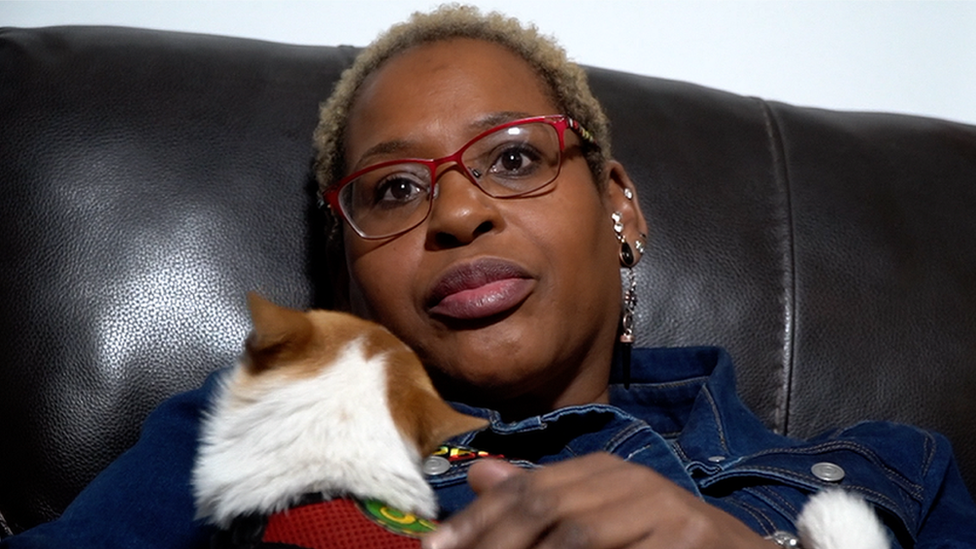
- Published17 January 2022
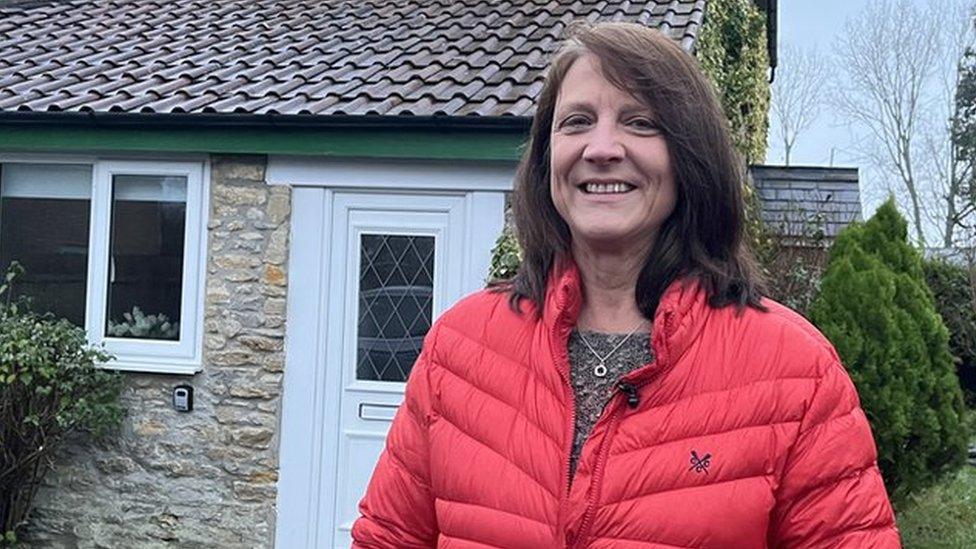
- Published12 January 2022

- Published11 January 2022
